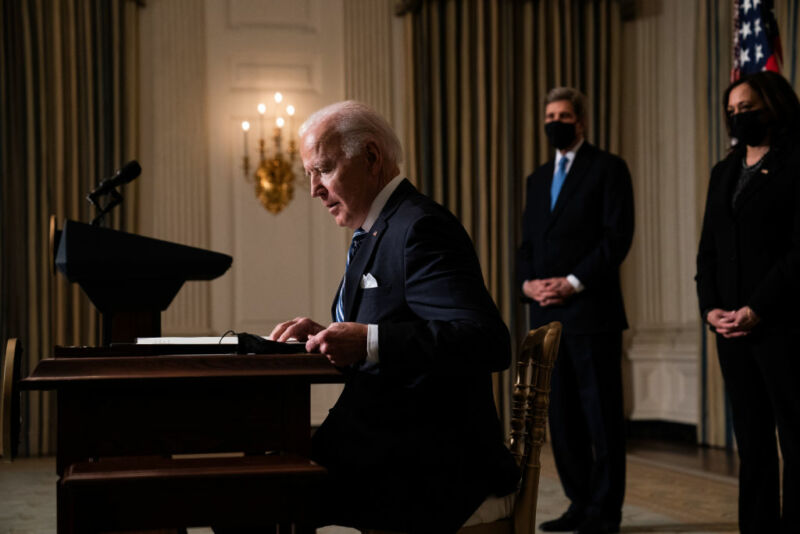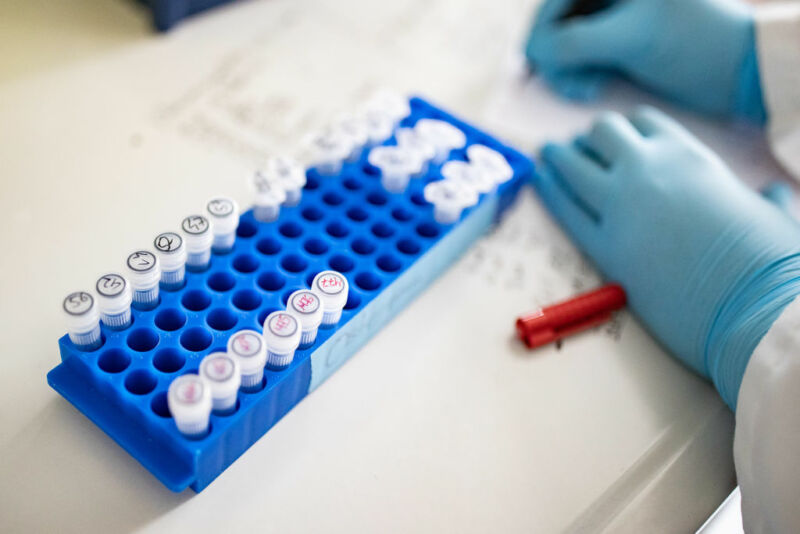-
 chevron_right
chevron_right
New Biden executive order makes science, evidence central to policy
John Timmer · news.movim.eu / ArsTechnica · Thursday, 28 January, 2021 - 22:39 · 1 minute

Enlarge / U.S. President Joe Biden signs an executive order in the State Dining Room of the White House in Washington, D.C., on Wednesday, Jan. 27, 2021. (credit: Bloomberg / Getty Images )
Yesterday, US President Joe Biden signed three executive orders. The order with the widest scope was focused on climate policy , and it received the most attention. But the other two, while more narrowly focused, may also have a profound impact, because they seek to reorient the entire federal government's approach to science itself. That includes both protecting scientists from political interference and ensuring that government decisions are based on the evidence produced by science as often as possible.
PCAST is back
One of the two executive orders officially starts off the Biden administration's President's Council of Advisors on Science and Technology, or PCAST. The organization is typically set up by an executive order and runs for two years before being renewed by a second. It dates back to the George H.W. Bush administration and has a broad remit to identify the current consensus in relevant fields of science and technology as well as to advise the entire executive branch regarding them.
The importance of PCAST isn't just limited to science agencies; for example, an Obama-era council issued a report on forensic science that was relevant to everything from research-funding bodies to federal law enforcement agents.

